Clara Bullock spoke to Stephen Gitau, CEO of Kenya-based air medical service provider AMREF Flying Doctors, about adapting to his role during a pandemic and how he still finds his job rewarding
You started as CEO at AMREF in 2019, a year before the pandemic. What was it like to adapt to your role during Covid?
I started the CEO role on 1 October 2019, and then the game-changer that is Covid struck in March 2020. Suddenly, the biggest priority shifted to survival – getting the company through the pandemic. But now, things have settled, and I am learning how to lead and survive post-Covid.
What do you like about being in such a dynamic field?
It’s a service and every medical evacuation mission is a different project. Aviation and medical work in one pot is a hot mix. Aviation is highly regulated, meaning that you have many parameters to deal with in the planning stages. On the medical side, you’re handling patients, and sometimes very critical patients, whose survival odds often depend on the decisions of our teams. Combining the two into one seamless service and completion of successful missions is always very satisfying. There’s never a dull moment.
Has the pandemic made it more apparent how rewarding your job can be?
It has been rewarding. My leadership skills have been severely tested and I have grown a lot as a person in this period. In 2021, we moved 1,306 patients (997 by air and 409 by road). These are patients who really needed our services at critical times. How would they have moved if we didn’t exist? Would they have lived if we were not there for them? At the onset of Covid-19, we wondered how we would survive as a company. We were expecting a serious revenue dip and wondering how we would sustain the cost structure; therefore, we were planning potential downsizing/restructure. However, we also saw the potential opportunity to jump in and be part of the solution that the world would end up badly needing, and it worked. We have grown significantly during the pandemic because an increase in the number of seriously sick people led to increased demand for our patient transport services.
What sets your company apart from others?
Our staff always go the extra mile, and they don’t turn back! We provide solutions and we have a proven record on this, year in, year out. The difference is in our individual staff and collectively in our teams.
“Every medical evacuation mission is a different project… and completion of successful missions is always very satisfying.”
Has the pandemic made it more apparent how rewarding your job can be?
It has been rewarding. My leadership skills have been severely tested and I have grown a lot as a person in this period. In 2021, we moved 1,306 patients (997 by air and 409 by road). These are patients who really needed our services at critical times. How would they have moved if we didn’t exist? Would they have lived if we were not there for them? At the onset of Covid-19, we wondered how we would survive as a company. We were expecting a serious revenue dip and wondering how we would sustain the cost structure, therefore we were planning potential downsizing/restructure. However, we also saw the potential opportunity to jump in and be part of the solution that the world would end up badly needing, and it worked. We have grown significantly during the pandemic, because an increase in the number of seriously sick people led to increased demand for our patient transport services.
What sets your company apart from others?
Our staff always go the extra mile, and they don’t turn back! We provide solutions and we have a proven record on this, year in, year out. The difference is in our individual staff and collectively in our teams
“We have continued to invest in our core business so that when the boom happens we shall be ready.”
How is air medical transport changing currently? Has the pandemic inspired any innovations?
At the beginning, it was really difficult and complex operationally, and the disease was not well understood. Convincing staff to handle these patients and to do these transports was difficult because it meant putting their life on the line. However, over time and with improved vaccination coverage and Omicron being less potent, Covid transports have become less complicated and less feared.
What has AMREF planned for the future?
We are optimistic about the future. We have continued to invest in our core business so that when the boom happens we shall be ready. We have expanded our capacity and capability and are looking forward to walking the future with our customers and partners. We are learning to be more flexible.
Article first published on ITIJ – Air Ambulance Review

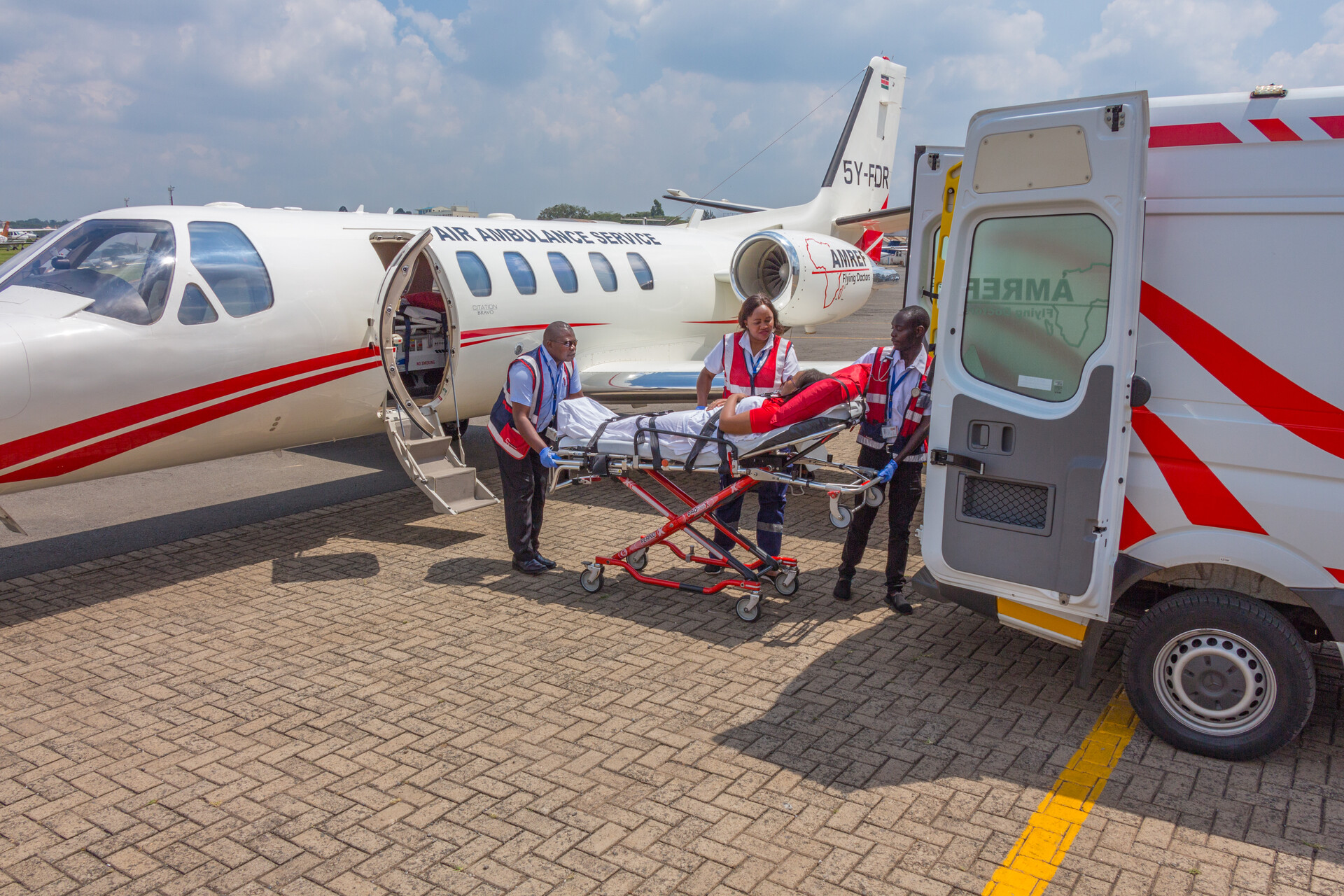
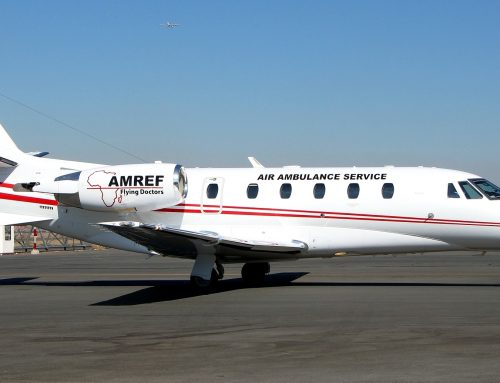
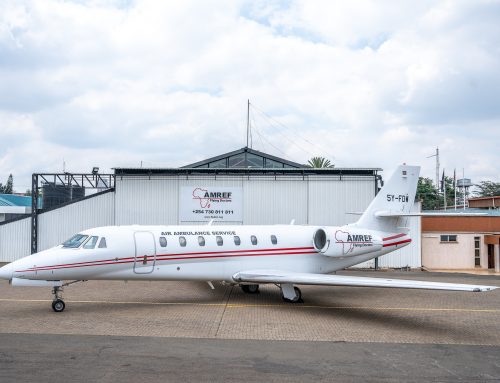



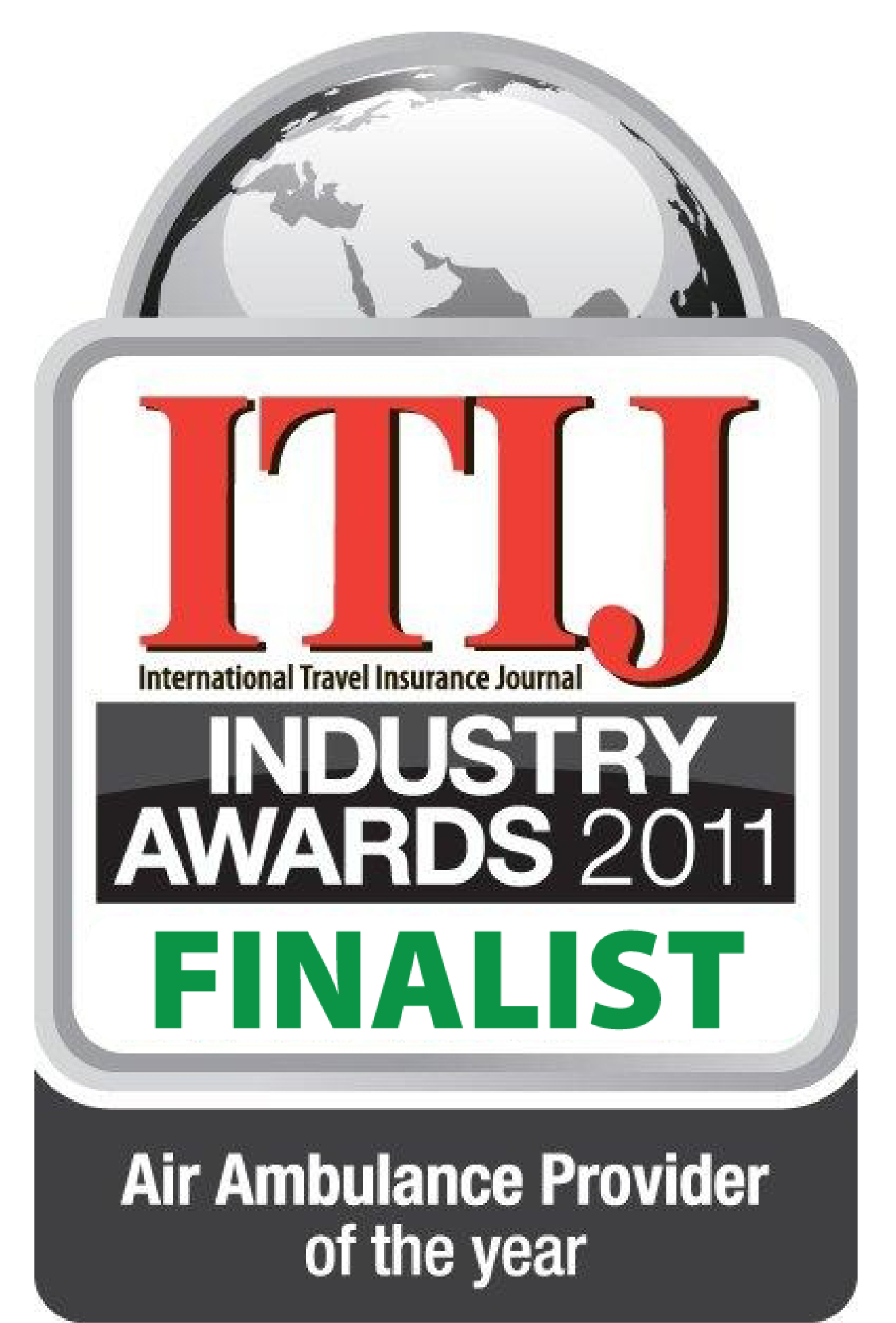
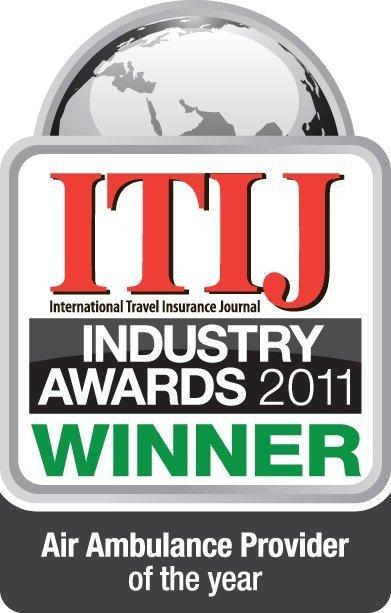
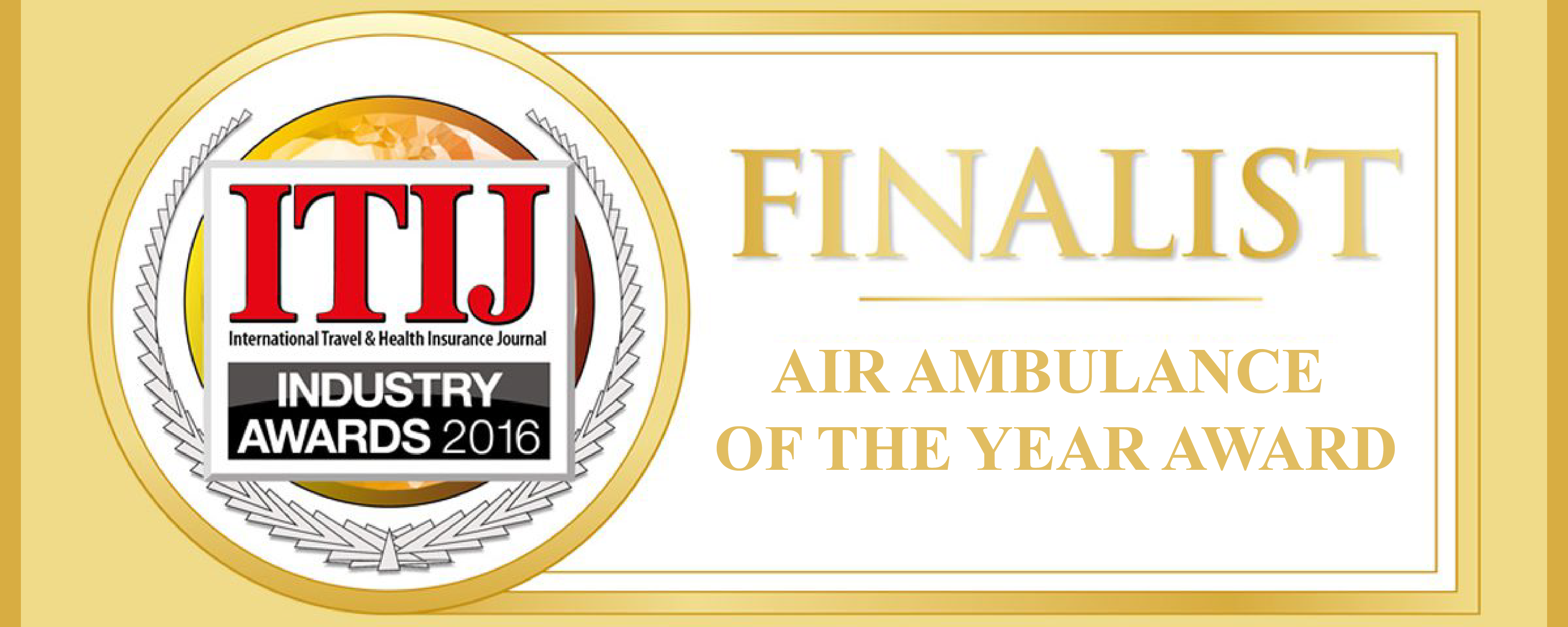
Leave A Comment